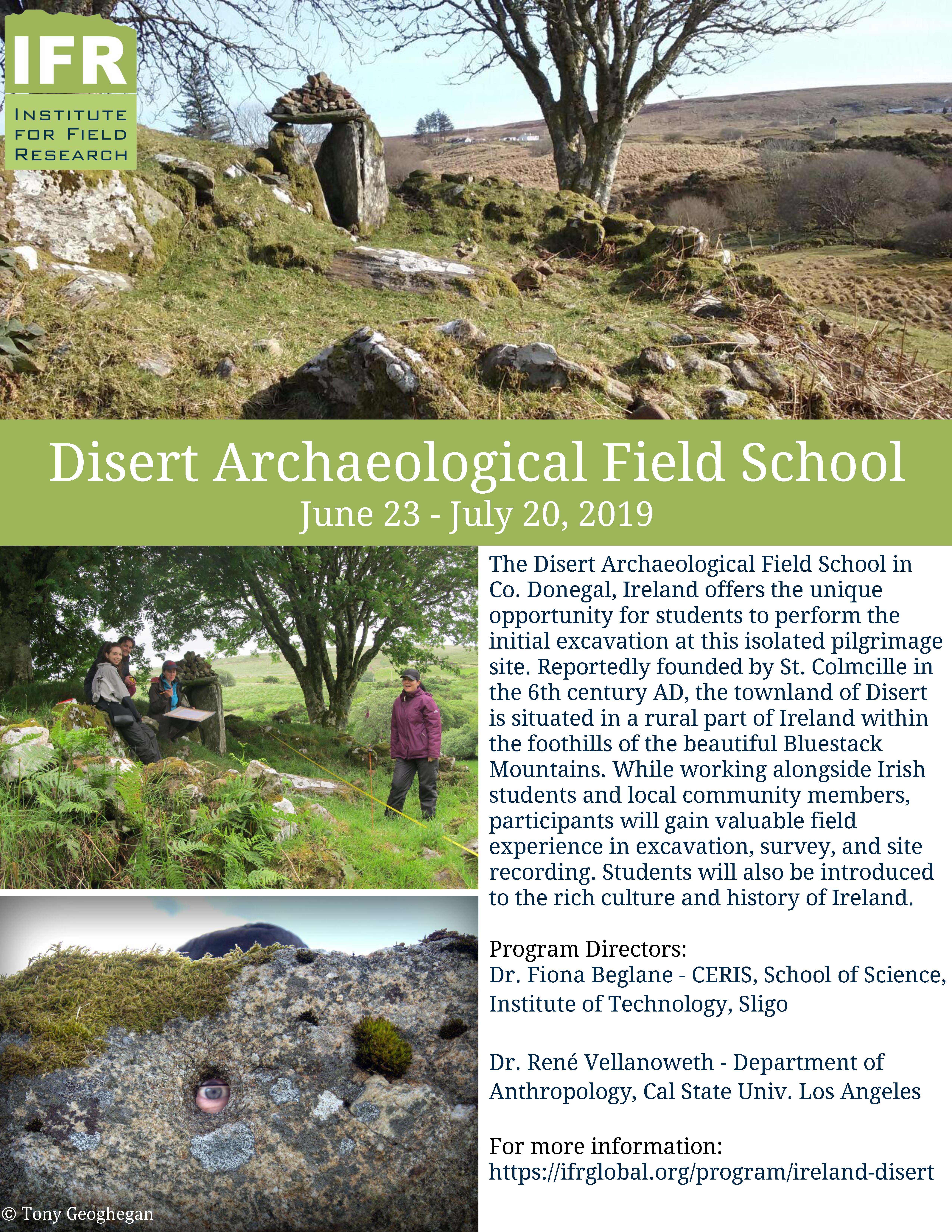We have reached that time of the year when it becomes necessary to open the floor for nominations to the American Society of Irish Medieval Studies Executive Committee. The Board meets roughly three or four times per year via Google Hangouts, and provides review for submissions to the ASIMS journal, Eolas, as needed throughout the publishing year and according to each member’s specialty or field representation. Members may also be asked to adjudicate submissions to the annual Barry Award and Adams Award competitions each spring. The duties are therefore not generally onerous and offer a great way to contribute to the overall success and welfare of our professional organization. Officers do need to possess a doctorate in their field and be members of ASIMS at the time their terms begin.
The offices listed below will become vacant effective in May at the International Congress on Medieval Studies; all terms are two years except Vice President, as noted:
Executive offices that will be vacant in May:
(1) Vice President (elected)
Becoming VP is a commitment for a total of four years: two years as VP followed by automatic accession to the office of President for two years. The duties of the VP are not extensive and primarily concern the running of ASIMS’ annual awards competitions and the society’s elections.
(2) Secretary (appointed)
Discipline and Regional Representative offices that will be vacant in May:
(1) Archaeology Representative (elected)
(2) Art History Representative (elected)
(3) Literature Representative (elected)
(4) Philology Representative (elected)
(5) Theology Representative (elected)
(6) Ireland Regional Representative (appointed)
The Ireland Representative acts as an ombudsperson and local representative for ASIMS in Ireland; the Ireland Rep therefore needs to physically reside in, or have recently resided in, Ireland itself.
If you would like to nominate yourself or someone else, please provide the relevant individual’s name and email address to me, Máire Johnson, at mjohns38@emporia.edu, by Monday, March 4th; feel free to contact me also if you have any questions. NOTE: Anyone who is nominated by another will be contacted to confirm their willingness to stand for election.
We will announce the opening of elections at the end of February or beginning of March; votes will be collected via the ASIMS website and results announced by the end of March. Thank you in advance for your willingness to contribute to the ongoing success of the American Society of Irish Medieval Studies!

